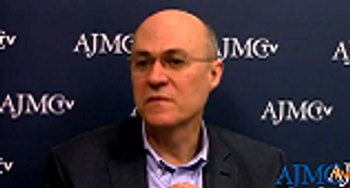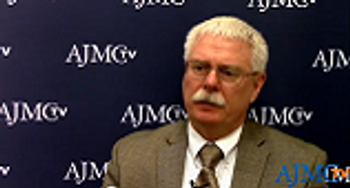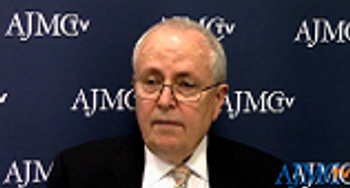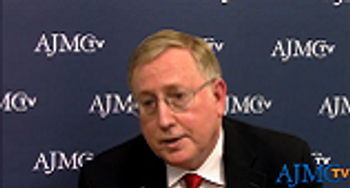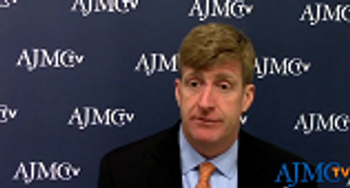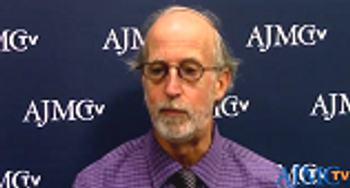
The health services research poster session held in the afternoon on the penultimate day of the 50th annual meeting of the American Society of Clinical Oncology (ASCO) presented different perspectives on issues that determine patient care decisions. This is an important discussion, especially in light of the recent report by The Wall Street Journal on WellPoint's effort to promote oncologist adherence to standardized treatment guidelines.
